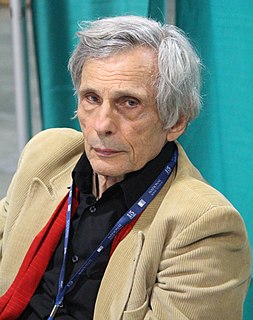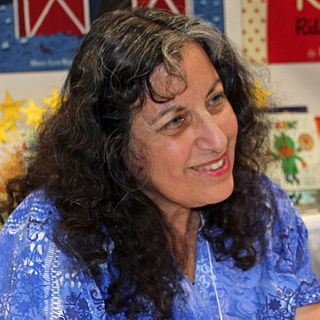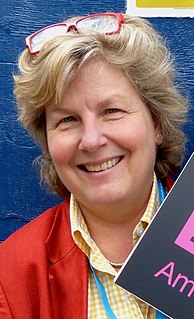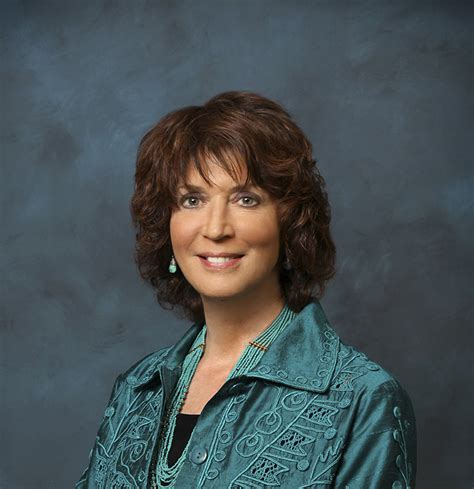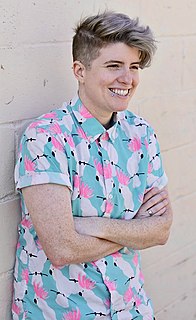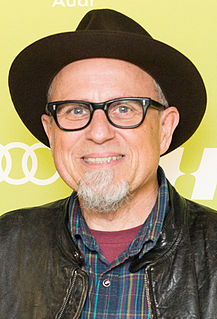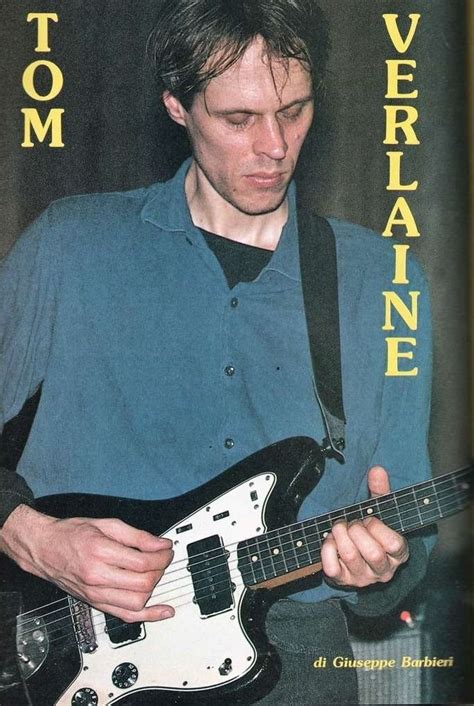A Quote by Camille Paglia
Sappho and Emily Dickinson are the only woman geniuses in poetic history.
Related Quotes
Sappho is a great poet because she is a lesbian, which gives her erotic access to the Muse. Sappho and the homosexual-tending Emily Dickinson stand alone above women poets, because poetry's mystical energies are ruled by a hierach requiring the sexual subordination of her petitioners. Women have achieved more as novelists than as poets because the social novel operates outside the ancient marriage of myth and eroticism.
In spite of all the cultural restrictions, in spite of marital or political difficulties, a strong woman continues to create and makes the world go round, such as Abigail Adams and Alexandra Bergson, Harriet Scott, and Emily Dickinson all did. History is full of women creators in the arts, many of whom created under oppressive circumstances.
Poetry, for example, goes so deeply into the space between corporeal affect and deep emotion (even primal in some cases) that, as Emily Dickinson said, it can blow the top of your head off. Poetic language is sometimes misunderstood as "abstract" when in reality, it's precise - precisely the language of emotions and the body.
Even the best critical writing on Emily Dickinson underestimates her. She is frightening. To come to her directly from Dante, Spenser, Blake, and Baudelaire is to find her sadomasochism obvious and flagrant. Birds, bees, and amputated hands are the dizzy stuff of this poetry. Dickinson is like the homosexual cultist draping himself in black leather and chains to bring the idea of masculinity into aggressive visibility.

